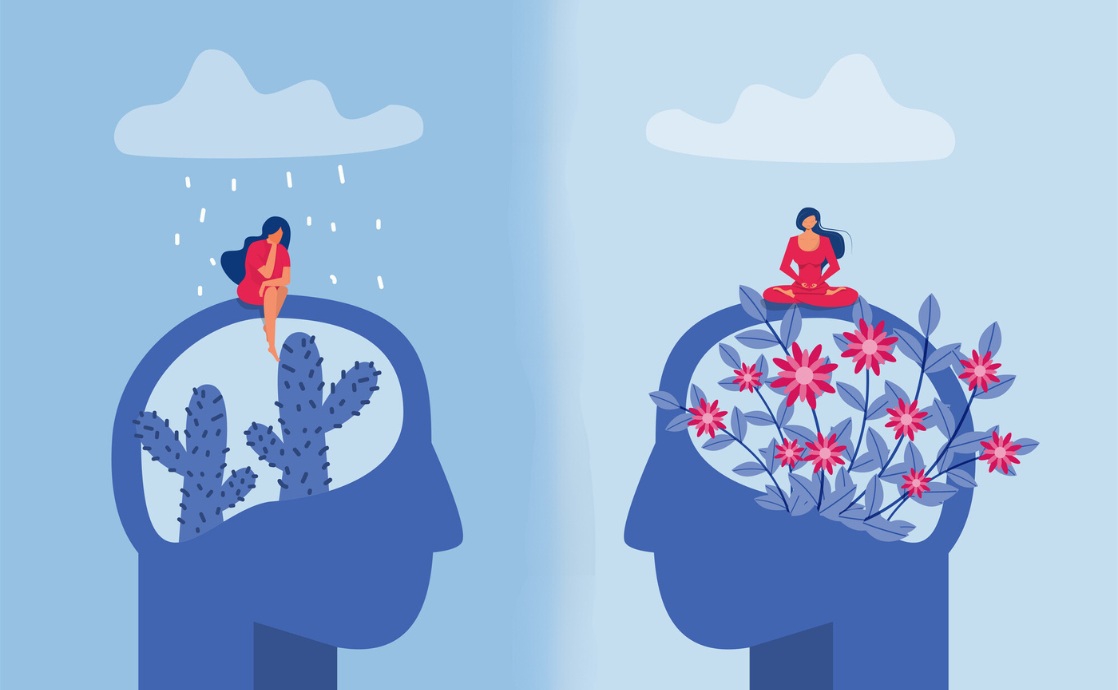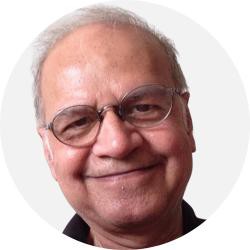The views expressed in our content reflect individual perspectives and do not represent the authoritative views of the Baha'i Faith.
What is the fundamental question of philosophy? Most philosophers define it as the relationship between matter and mind, especially as it relates to this question: Which of them is primary?
When commenting directly on this topic, the Baha’i teachings prioritize the mind and the human spirit. Abdu’l-Baha, in his book Some Answered Questions, said:
As for the mind, it is the power of the human spirit. The spirit is as the lamp, and the mind as the light that shines from it. The spirit is as the tree, and the mind as the fruit. The mind is the perfection of the spirit and a necessary attribute thereof, even as the rays of the sun are an essential requirement of the sun itself.
Philosophers who ignore the spirit are materialists — those whose beliefs include only the material realities our senses can perceive. The others — including Socrates, Plato, and Aristotle, who all believed in a Creator, Abdu’l-Baha described as ‘divine philosophers.’
RELATED: Is Caring For Your Mental Health a Spiritual Practice?
According to these later philosophers, matter and mind are not opposing dichotomous pairs, but constitute a complementary duality, both functioning as different aspects of reality.
To illustrate this relationship, Abdu’l-Baha used examples of the lamp and the light, as well as of a polished mirror, to illustrate the relationship of the material body to the human spirit, known as the mind. A ray of light is reflected as the spirit, which enables the body, soul, and mind to accomplish the function of reflection.
Mind sits at the interface of the material and spiritual components of all human systems.
Thus, using its outward and inward powers, the mind brings the outside material reality of your lived experience inside you in an immaterial format — using the intellect’s powers of thought, memory, and reflection. This includes all of your current potential options and choices for decision-making and action-taking. The mind can and will influence consciously or unconsciously the actions you choose to take in your daily material life based on the contents of your mind and spirit.
Your personal journey into your future as chosen by yourself is, therefore, heavily dependent on factors such as the material and non-material environments of your upbringing. They include the human company you keep, as well as your education, training, nurturing, and so on. Ultimately, your mind is the chief guiding agent that shapes your entire lived material and spiritual reality.
Some of the basic Baha’i teachings address the practical task of training, nurturing, and caring for our minds.
Of course, a sound mind needs a sound body. It follows that taking good care of your physical, bodily health is required for your mind to function as intended. Toxic intakes that compromise physical or mental health will injure the mind, sometimes beyond repair. For Baha’is, therefore, the use of mind-altering, addiction-forming substances is forbidden. Abdu’l-Baha wrote The Tablet of Purity to point out those dangers:
First in a human being’s way of life must be purity, then freshness, cleanliness, and independence of spirit. First must the stream bed be cleansed, then may the sweet river waters be led into it. … in every aspect of life, purity and holiness, cleanliness and refinement, exalt the human condition and further the development of man’s inner reality.
The advice Abdu’l-Baha offered humanity in The Tablet of Purity — to avoid all unclean things that have the potential to harm the mind and spirit — applies to every addictive substance:
O ye, God’s loved ones! Experience hath shown how greatly the renouncing of smoking, of intoxicating drink, and of opium, conduceth to health and vigor, to the expansion and keenness of the mind and to bodily strength.
RELATED: What is the Mind? The Struggle for Mental Health
Abdu’l-Baha also warns against the highly varied and diverse harmful influences on the mind which can abound in many social, economic, political, cultural, and other settings. We all need to unavoidably navigate them in our lifetimes — including the avoidance of lying, gossiping, backstabbing, criticizing, and fault-finding. The Baha’i teachings also ask us to avoid thoughts, words, and actions likely to cause disunity and division.
On the positive side of cleanliness and purity, practicing internal and external spiritual disciplines greatly helps the well-being of the mind. These include praying, meditating, fasting, regularly reading the holy writings, studying the Word of God, and reflecting on it. Habitually reviewing one’s activity at the end of each day helps to build and reinforce good habits. Moderation in all things is the keyword in living a positive life with a healthy mind!
















Comments
Sign in or create an account
Continue with Googleor